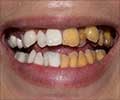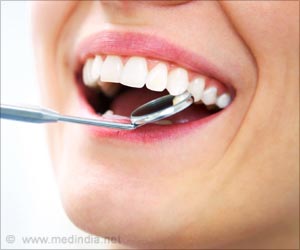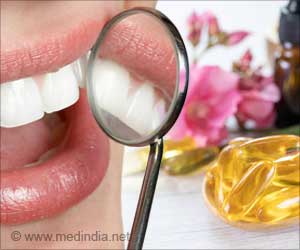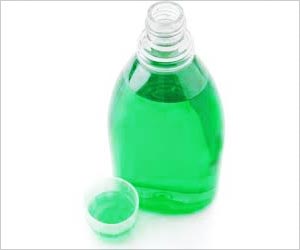It is better for kids to eat a huge amount of candy at one go than at intervals if the risk of cavity is to be avoided, a pediatric dentist in the US has suggested.
Temple University paediatric dentist Mark Helpin says that the frequency of eating candy, and other refined carbohydrates, and their stickiness, are big factors in creating the risk of caries (cavities).Eating carbohydrates can change the pH balance of the mouth, making it more acidic, which can increase the risk of cavities.
Each time candy is eaten, the acid environment in the mouth can take up to an hour to dissipate.
"If I eat a piece of candy now, the pH in my mouth will become acidic, and it will take 30-60 minutes for it to become normal," Helpin said.
"If I eat 2 or 3 pieces of candy when I eat that first one, my mouth stays acid the same length of time that it would if I ate just that single piece. It's still 30-60 minutes.
"If I keep eating candy throughout the day, there is acid in my mouth for a much longer period of time. The longer teeth are in an acid environment, the greater the risk they will become decayed," he stated.
Advertisement
"Parents can let kids eat a bunch of candy now and a bunch later. But don't let them have one piece now, then an hour later let them have another piece," he said.
Advertisement
Helpin also recommends that parents have their children brush their teeth after eating candy, or if that's not possible, tell their children to rinse their mouth with water three or four times after eating, which will help reduce acidity in the mouth.
Helpin warns that substituting small bags of chips or pretzels for candy doesn't solve the cavity problem, either.
"Chips and pretzels are also carbohydrates and they also will create an acid environment that can create cavities. These treats and snacks get stuck on your teeth, and that's the stickiness factor," he said.
When trick-or-treaters come to his door, Helpin likes to give out sugar-free candies, and avoids the sticky, gummy candies, which stick to the teeth promote cavities because they allow bacteria "to feed" for a longer time.
Source-ANI









